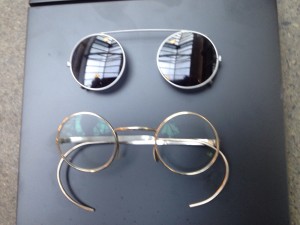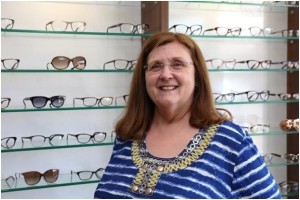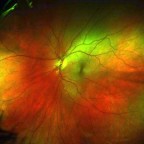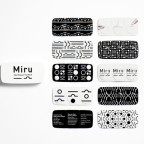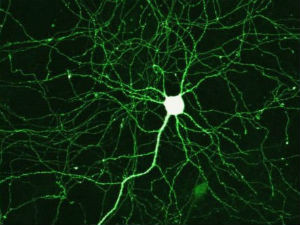Many eye diseases develop without symptoms, they are often
first discovered during a comprehensive eye examination.
If detected early, and with appropriate treatment these and other conditions may be corrected or minimized, and the severity of potential vision loss can be reduced. This is the first in the series covering conditions that the Optomap Retinal Imaging device is able to detect, often years in advance of other methods.
What is Age Related Macular Degeneration?
Age-related macular degeneration (AMD) is a disease that blurs the sharp, central vision you need for “straight-ahead” activities such as reading, sewing, and driving. AMD affects the macula, the part of the eye that allows you to see fine detail (see diagram below). The macula is located in the center of the retina (back of the eye) and is responsible for the sharp, central vision needed to see straight ahead
Treatment – different types of AMD
How is dry AMD treated?
Once dry AMD reaches the advanced stage, no form of treatment can prevent vision loss. However, treatment can delay and possibly prevent intermediate AMD from progressing to the advanced stage, in which vision loss occurs. The National Eye Institute’s (NEI) Age-Related Eye Disease Study (AREDS) found that taking a specific high-dose formulation of antioxidants and zinc significantly reduces the risk of advanced AMD and its associated vision loss. Slowing AMD’s progression from the intermediate stage to the advanced stage will save the vision of many people.
How is wet AMD treated?
There are two treatments for wet AMD: laser surgery and photodynamic therapy. Neither treatment is a cure for wet AMD. Each treatment may slow the rate of vision decline or stop further vision loss. The disease and loss of vision may progress despite treatment.


